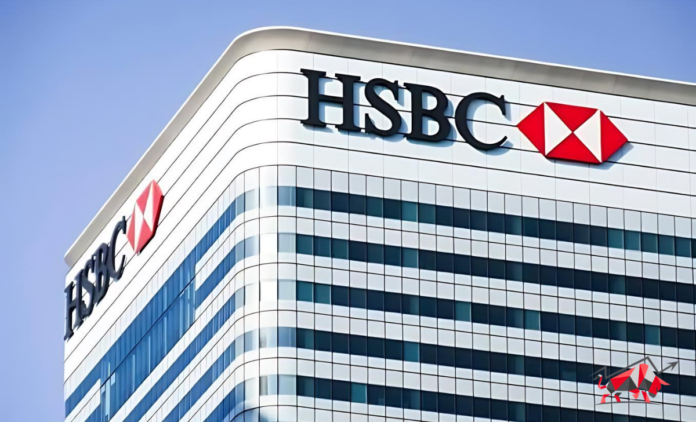The Australian branch of international bank HSBC has started blocking customer payments to cryptocurrency exchanges as of July 24. This decision comes as the latest move by a major bank to distance itself from the cryptocurrency industry, citing concerns over scams.
In a notification sent to customers, HSBC Australia explained, “From 24 July 2024, HSBC will block payments from bank accounts and credit cards that we reasonably believe are being made to cryptocurrency exchanges, for your protection.” The bank advised customers to find alternative methods if they wish to continue making payments to these exchanges.
Reasons Behind the Decision
HSBC cited data from Australia’s competition and consumer regulator, highlighting that Australians lost up to $171 million in investment scams in 2023. The bank apologized for any inconvenience caused but emphasized that its main priority is to ensure the safety of customer funds.
Following HSBC’s lead, Bendigo Bank also decided to block payments to cryptocurrency exchanges, citing the need to protect customers from investment scams. This action reflects a growing trend among Australian banks to impose restrictions on cryptocurrency transactions.
Concerns from the Digital Economy Council of Australia
Amy-Rose Goodey, managing director of the Digital Economy Council of Australia (DECA), expressed concern over HSBC’s decision. She noted that DECA was not informed beforehand and pointed out the broader implications for the cryptocurrency community. “The recent decision by HSBC to block all payments to cryptocurrency exchanges has reignited concerns about the ongoing challenges facing the relationship between Australian banks and the cryptocurrency sector,” Goodey said.
Goodey emphasized the importance of dialogue and the need for improved regulatory frameworks to support innovation while managing potential risks. She warned that without proper communication, more Australians might miss out on the opportunity to participate in the growing digital economy.
A Call for Clear Regulations
Goodey called for the establishment of “clear, fair and forward-thinking regulations” to better address scams without hindering innovation. She noted that DECA has been making progress in this area, including being added to the advisory board of the National Anti-Scam Center since 2023.
Despite the new restrictions, HSBC confirmed that it would still accept customer payments coming from cryptocurrency exchanges, and regular banking services would continue as usual. HSBC Australia currently serves 1.5 million customers across 45 branches in the country.


